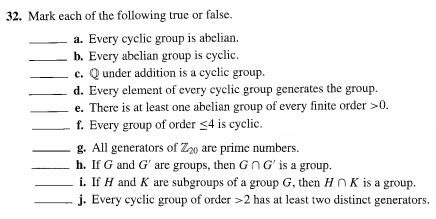Among many other distinctions: textbooks that are stern, hostile-skeptical, unconfiding, are obviously-reasonable construable as "unfriendly". That is, if the author makes clear that you, the reader, are unworthy, and probably unable to understand the point anyway, it's off-putting. Similarly, as we know too well, it is possible to take a similar adversarial/hostile approach in "teaching", and students often default into an assumption that this is the case... which combines in a bad way with such a textbook.
The hostility can be veiled, as in text that is primarily definitions and theorem-proving with few examples, and "exercises" that are exclusively the working-out of the standard examples and counter-examples, but without any models in the text proper. Thus, a bait-and-switch on the reader, sometimes rationalized by the mythology that "problem-solving" is something that students can be coerced into, rather than shown by example, etc. Also rationalized by the unfortunate mythology that upper-division math starts to become a "test of talent", offering believers in that an excuse in case they're inadequate teachers, etc.
I see the same issues of "skepticism", let's call it, and "(passive-aggressive) unhelpfulness" appearing in texts and "teaching" throughout undergrad and graduate-level teaching at my R1 university. I've heard rationalizations that "if there are no losers, winning is meaningless"... and codeword "challenging" for unhelpful texts.
There're also the misleadingly-thin texts whose text is definitions, with most of the major theorems left to the exercises. Ack. Really nothing attractive in such a thing.
Sources (written or live) that show fun things, live(ly) examples to pique curiosity prior to "definitions", rather than throwing the important examples into an ocean of exercises so they'll be lost among drill-and-kill stuff.
Many people who're "successful" in mathematics have developed a resistance to that toxicity, although it seems to me a sad waste of energy to have to defend oneself in such fashion.
Somehow the style of mathematics textbooks has mostly drifted into fairly extreme stodginess and fussiness, although some of this seems to be merely meeting societal expectations (in the U.S.). It really cannot be that every detail is as important as every other, yet this seems to be a common presentation... seemingly compelling the reader to have to suspend their own judgement for the whole business to make sense, such as it may.
Worst-case: "math as rules handed down by authority" (The State, possibly?) No one should respond positively to that. :)
But the "standard curriculum(s)" I see in U.S. high schools and undergrad mostly seem to be the most inertia-laden of any part of the larger curriculum, and even many parents and students have a powerful expectation that math will not be interesting or fun, and will actually react badly if it is made into something else. I've had people (both students and parents) privately tell me that the best features of "math" do involve it being "a test of character" for them or for their kids. Yikes! :)
This creates a bizarre environment for successful (=adapted) text-book writing...
